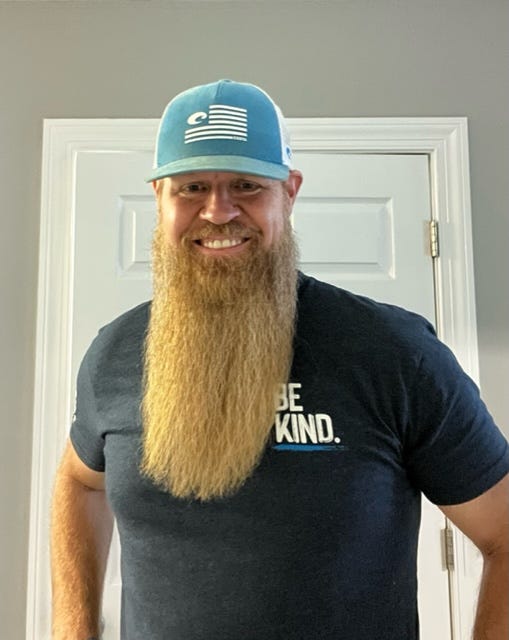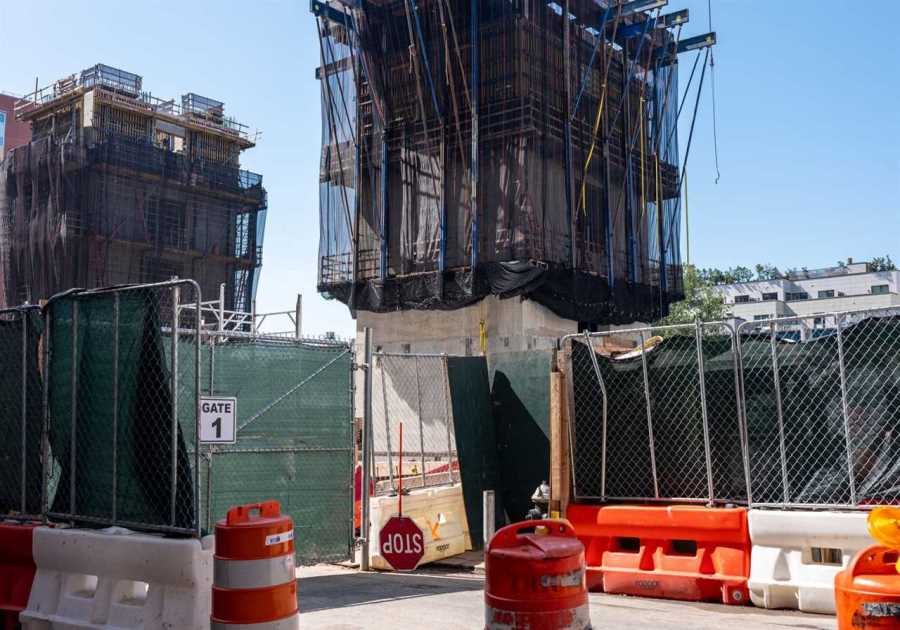Arrived Homes
- Several real-estate investing startups allow people to buy portions of properties instead of whole homes.
- Investors can earn dividends throughout the year from rental income and appreciation in the home's value.
- Three people who've tried "fractional" investing detail how it works and why they like it.
After watching friends and family members buy up discounted properties and earn rental income after the 2008 housing crash, Mark Fletcher, 33, was eager to learn more about real-estate investing as a means of building wealth. Though he bought a personal residence for himself in 2020, the Eagle Mountain, Utah resident didn't have enough cash on-hand to purchase an investment rental property.
"When I was first getting into understanding real-estate investing, I thought to myself, 'Somebody needs to create this opportunity for retail investors like myself and many others who don't typically have access to the type of capital to do real-estate investing at a grander scale,'" Fletcher told Insider.
This is when Fletcher directed his focus to platforms that allow investors to buy small stakes in properties for equally small amounts of money.
Upon doing research, Fletcher discovered Fintor, a startup that lets people invest in shares of rental properties in four cities — Huntsville, Alabama, Atlanta, Georgia; Nashville, Tennessee; and Birmingham, Alabama — for as little as $5 and as much as 10% of the investment property. Fletcher made his first $500 investment in October 2022 and now owns 11 shares of a property in Clarksville, Tennessee and 106 shares of another in Huntsville, Alabama.
A growing number of startups like Fintor — including Arrived Homes, Fundrise, and others — are making real-estate investing more accessible for the average person using the "fractional ownership" model. People who use them say the ease of use is appealing, but not without flaws.
People say using these investing apps is easier than dealing with tenants, toilets, and trash
Non-accredited investors — meaning investors who do not meet the net-worth requirements set by the SEC or have a job in the financial industry — like Fletcher, can set up an account in minutes and stake as little as they want on the platform.
"It's very easy," Robel Kelkile, a 24-year-old policy analyst who has made about $357 on Fundrise since September 2020, Insider confirmed. "It's similar to just setting up a Robinhood account."
Founded in 2012, Fundrise is a platform with roots in the crowdfunding movement that lets people invest in commercial real estate buildings for a $10 minimum buy-in. Fundrise also allows investors to buy shares of Fundrise the company itself through a primary offering, which Kelkile has also done.
Some investors are turning to fractional-ownership startups because it's easier than the usual property management aspects that come with being a landlord.
Tyler Witty, a 47-year-old who owns an exterior cleaning company in Richmond, Virginia, already owns three investment properties. However, he told Insider, he prefers investing online to avoid what he calls "the Ts": tenants, termites, toilets, and trash.

Tyler Witty
"I want truly passive income where I can reap the benefits of the rental dividends, and the appreciation over time," Witty said. "I just don't want the phone calls with the leaking toilets and stuff of that nature."
Witty turned to Arrived Homes, a three-year old site that lets users invest in one or more of the 187 homes across 29 US cities that it owns. He joined in June 2022, and has invested in 78 properties — he's made $533 from dividends.
The minimum investment for Arrived Homes is $100 — Fundrise $10 and for Fintor is $5 — bringing the barrier of entry for real estate investing down for virtually anyone. And the apps from these funds are designed with ease of use in mind — both for keeping tabs on investments and adding more money to accounts.
"All of my investment opportunities I have are on my phone," Fletcher said about Fintor. "It's nice to have that quick, easy access to see how my investments are doing and what the appreciation has been."
Investing on real estate online is not a bulletproof measure from the economic environment
While staking a fraction of capital at a time may sound like a no-brainer, there is still some risk involved.
For one, these platforms do not shield you from the volatility of the real-estate market — by investing, you're still exposing your funds to economic fluctuations. This is particularly so in the current moment when real estate values are in flux.
And while the consumer money invested into these funds is going to hard assets via commercial and residential real estate, it's still difficult to understand exactly what kind of ownership stake investors would retain should any of the aforementioned companies go bankrupt or go under.
Another obstacle that these startups can't remedy is the fact that real-estate investments, traditionally, are long-term plays. For instance, Fundrise has a five-year investment term. And some of the fractional ownership funds will charge a penalty if you withdraw investments before then.
However, for some investors, waiting five years is the least of their concerns.
"Since I'm 24, I really have a long time horizon," Kelkile said. "I just thought of it as a long-term opportunity that I can have in addition to a traditional 401K plan and index fund through brokerage accounts."
Read More
By: [email protected] (Jordan Pandy)
Title: People investing as little as $1,000 for partial ownership of a property share how they did it, the risks, and the rewards
Sourced From: www.businessinsider.com/real-estate-investors-spending-as-little-as-1000-talk-risks-rewards-2022-11
Published Date: Tue, 22 Nov 2022 11:30:00 +0000
Did you miss our previous article...
https://trendinginbusiness.business/business/how-cuttingedge-software-is-transforming-the-construction-sector
.png)





